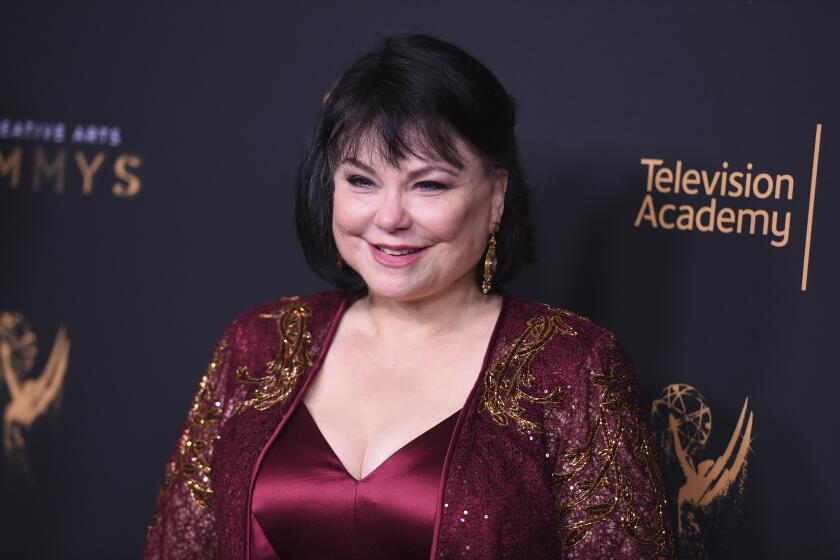The Water Cooler: The long odds of popularity
Life, we like to believe, is not a popularity contest. Unless, of course, you work in network television. Then life is nothing but a popularity contest. You can be the best little show in the business, a work of art, a purveyor of wit and wisdom, but if your ratings aren’t high enough, if millions of people don’t like you, and all your advertisements, enough to watch you regularly, you’re done.
On premium channels or cable, it’s a different business model and, so, a different story. On cable you can get the kind of ratings that would make a network show runner despair and still be considered a hit. Shows like AMC’s “Mad Men” or Showtime’s “Dexter” are thrilled if their audience tops or approaches 3 million, while the folks at ABC felt mild disappointment when only 13 million tuned in to the finale of “ Lost.”
There’s nothing wrong with such a huge disparity in numbers, of course, and having cable shows makes for a richer cultural landscape and a more diverse conversation whether or not a huge number of people watch them regularly or not.
It’s just when the Emmys roll around that things seem a little … unfair. Unfair in that apples are competing against oranges. Shows and writers and actors who turn out 24 episodes a year, working within network television rules and network television fears, are competing against their colleagues who typically have half that many episodes, much more lax content constraints and far less (though certainly not none) of the ratings worries.
Being popular has its price. Often that price is edginess or darkness, emotional depth or simply a more realistic version of life, which often includes bad language, graphic violence and nudity.
Often that price is the Emmy.
Although TV — unlike the film academy — has the good sense to offer separate awards for comedy and drama, there seems to be a dangerous trend toward equating popularity with middling quality, of awarding statues to cable shows as some sort of consolation prize: No one watches you, but you’re doing fabulous work, so here, have a statuette.
There is value in this, of course. Just because only a relatively few people watch a show doesn’t mean it isn’t indeed the best thing on television, and, with any luck, an Emmy or two will persuade a few more people to tune in.
But many people on the hit broadcast shows are doing terrific work too — shows like “Bones,” “Castle” “Brothers and Sisters” and “Big Bang Theory.” And often the Emmy winner lists, and even the nominations, don’t reflect that. Last year, four of six nominees for lead actor in a drama series were from cable, including Bryan Cranston, star of “ Breaking Bad,” who won for the second year in a row. Likewise, five of the seven best drama nominees were from cable, with the entirety of network fare represented by “House” and “Lost.”
There is no easy answer — awards of any sort are weird and subjective, often political, arbitrary in one way or another; the list of nominees almost always reflects a better definition of “best” than the eventual single winner. And it doesn’t make sense to have different categories for cable and network. Separate but equal never works and is always insulting.
It is physically impossible for academy members to see every episode of every show on television, but one hopes that members keep in mind the overall quality and nature of a show. How unflagging Hugh Laurie has been in his excellence on “House,” how John Noble has reinvented the idea of the mad scientist on “Fringe,” while Nathan Fillion and Stana Katic regularly out-Nick-and-Nora Nick and Nora. And several new shows, such as “The Good Wife,” “Modern Family” and “The Middle,” deliver terrific writing and performances episode after episode within the tamer network guidelines. Last year’s expanded nominee lists helped, especially as they arose naturally instead of in answer to the need to boost the ratings of the Emmy show itself.
Still, it is an impossible, and thankless, task. How do you compare “Lost” with “Mad Men,” “In Treatment” with “House,” “Glee” with anything? You don’t, you can’t, unless you give them all statuettes, which may be the best idea of all.
The complete guide to home viewing
Get Screen Gab for everything about the TV shows and streaming movies everyone’s talking about.
You may occasionally receive promotional content from the Los Angeles Times.




